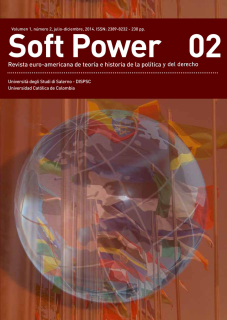Abstract
Secularity in the sense of a social imaginary, an appreciation for the differentiation between religious and political authority, and the acknowledgement of religious plurality surely exist. While, like Senegal and Turkey, Indonesia is a Muslim state that is in the process of translating democracy into its own institutional legacies and of crafting its own brand of democratic religion-state relations, it is probably unique as a case where, although religious and political authority is separated, citizenship is tied to religion. This implies that one’s declared religious affiliation determines the type of religious education and personal law one will be subject to. And there is more: religions are in some ways highly regulated by the state. As the author will argue in the following, in an effort to subsume all social and civic life in the two post-independence authoritarian regimes (1945-1965 and 1965-1998) to the twin goals of political order and economic growth, state bureaucrats sought to ‘modernize’ religion and thereby highly bureaucratized it. Religion in post-independence Indonesia was not only made ‘manageable’ but also put into the service of government policy.











